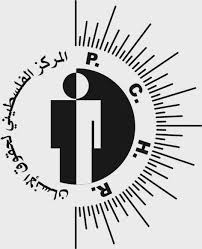Tag: Palestinian Centre for Human Rights
-
PCHR calls for investigations into incidents in Yatta town
8th May 2014 | Palestinian Center for Human Rights | Yatta, Occupied Palestine The Palestinian Center for Human Rights (PCHR) calls upon the Attorney General to seriously open an investigation into incidents that took place in Yatta town near Hebron on Monday, 05 May 2014. The incidents included beatings, arrests, house raids, and destruction of civilians’ belongings by…
-
Israeli forces target 2 armed group members wounding 13 Palestinian civilians, including 5 Children, in Beit Lahia in the northern Gaza Strip
25th April 2014 | Palestinian Center for Human Rights | Gaza, Occupied Palestine In an extra-judicial execution attempt, Israeli forces targeted 2 members of an armed group on a motorbike wounding them and another 13 Palestinian civilians, including 5 children, in a densely-populated area in the northern Gaza Strip. According to investigations conducted by the Palestinian Centre for…
-
Israeli forces kill 2 Palestinian civilians and armed group member and wound 12 civilians in Jenin refugee camp
24th March 2014 | Palestinian Center for Human Rights | Jenin, Occupied Palestine In excessive use of force, on Saturday, 22 March 2014, Israeli forces killed, 2 Palestinian civilians and a member of a Palestinian armed group and wounded 12 civilians and a members of the Palestinian National Security Forces in Jenin refugee camp, west…

